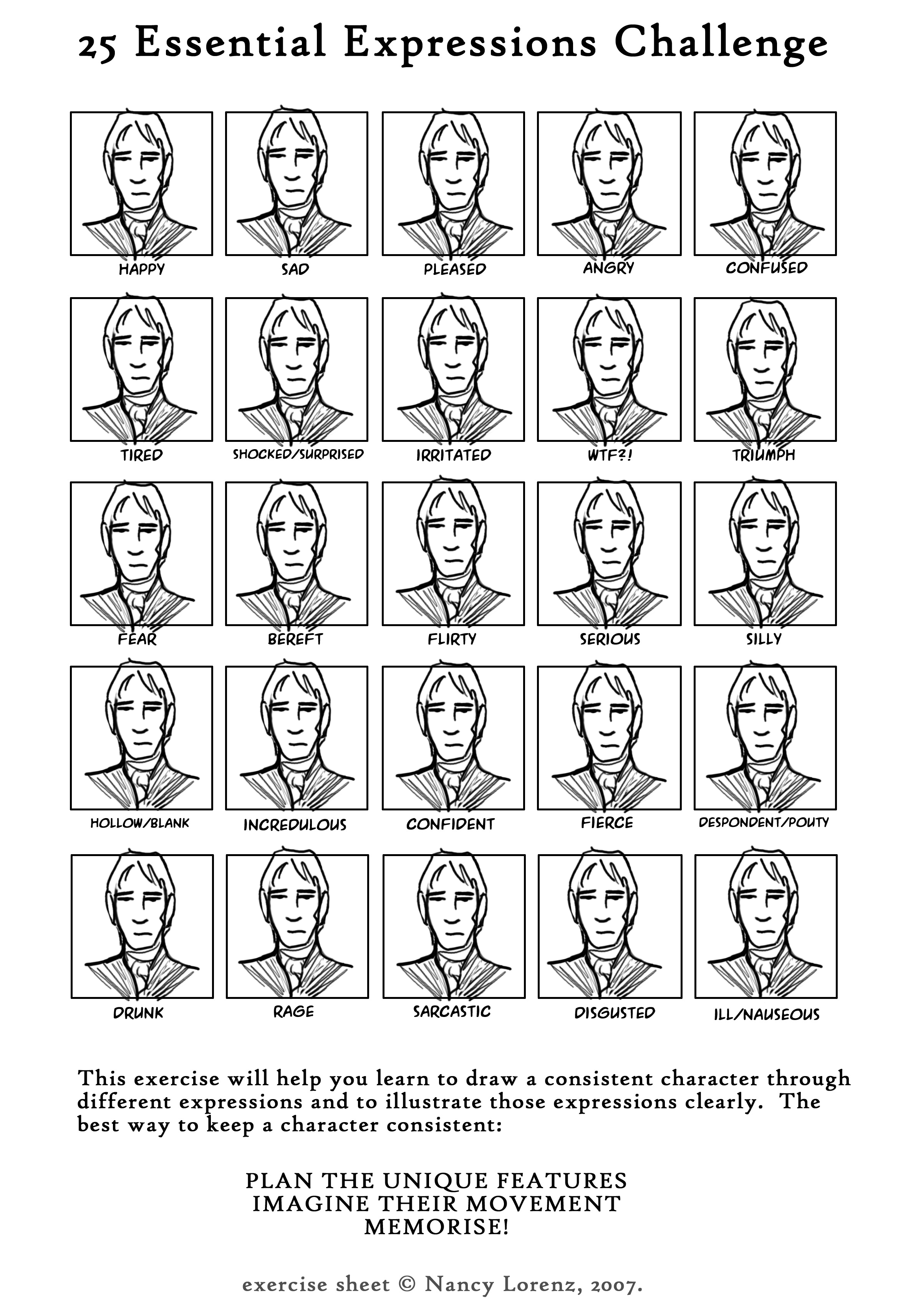I have no idea why anyone would feel motivated to get a Bachelor of Arts in Creative Writing. I think the fact that many young people do so is indicative of widespread fuzzy thinking and incompetent guidance counselors.
Creative writing BAs do not guarantee publication. Publication does not guarantee that you can make a living writing. Creative writing BAs do not give you marketable skills that will keep you employed while you try to write.
I have met a recent graduate with an Honours BA in Creative Writing who had interned at respected, award-winning magazines and who had no idea the difference between proofreading and copyediting.
I have met a recent graduate with a BA in Creative Writing who thought that a BA qualified her to be a professor, and was bewildered when that job did not appear before her.
I do not know any additional Creative Writing majors, because I make a point of cultivating friends who are not going to be crippled by debt for years for no more valid reason than fuzzy thinking.
Creative Writing, as a major, gives you more of an appreciation for good writing. This is all very well, but it doesn't teach you marketable skills: Journalism requires people skills, the ability to work under pressure, and basic spelling and grammar. This means that you finish a journalism program with marketable, transferable skills.
I know of no graduates with Creative Writing BAs who were able to translate their degree into widely-useful skills. I know of no recent graduates with Creative Writing BAs who became employed in their field just after graduation. I do not consider it fuzzy thinking to infer a correlation.
Creative Writing seems an eminently practical degree if you:
I do not see the practicality of it outside those and related circumstances.
And I do consider practicality eminently relevant to higher education. It's expensive, so if it is a bad return on investment, it doesn't make sense to do it until you are financially stable enough that tuition will not require onerous loans.
"But!" you cry, "how will I improve my writing to the point of perfection if not by majoring in Creative Writing in university?"
By not stopping writing? By diligent practice? By learning critical thinking skills that can be applied to everything? By learning about things that inspire you to write and equip you to get jobs that will inspire you to write and also support you while you do so?
Creative Writing BAs are like the little blue pills: they both seem like a good idea and a way to jump-start something good, but really you're just fooling around, because practice and critical thinking will both affect the end result far more than the artificial aid ever could.
Discuss:
- Additional reasons majoring in Creative Writing is terrible.
- What you majored in/are majoring in, and how you have applied it to your writing.
Creative writing BAs do not guarantee publication. Publication does not guarantee that you can make a living writing. Creative writing BAs do not give you marketable skills that will keep you employed while you try to write.
I have met a recent graduate with an Honours BA in Creative Writing who had interned at respected, award-winning magazines and who had no idea the difference between proofreading and copyediting.
I have met a recent graduate with a BA in Creative Writing who thought that a BA qualified her to be a professor, and was bewildered when that job did not appear before her.
I do not know any additional Creative Writing majors, because I make a point of cultivating friends who are not going to be crippled by debt for years for no more valid reason than fuzzy thinking.
Creative Writing, as a major, gives you more of an appreciation for good writing. This is all very well, but it doesn't teach you marketable skills: Journalism requires people skills, the ability to work under pressure, and basic spelling and grammar. This means that you finish a journalism program with marketable, transferable skills.
I know of no graduates with Creative Writing BAs who were able to translate their degree into widely-useful skills. I know of no recent graduates with Creative Writing BAs who became employed in their field just after graduation. I do not consider it fuzzy thinking to infer a correlation.
Creative Writing seems an eminently practical degree if you:
- are only looking for self-improvement, not necessarily a job
- are already published and raking in dough at a rate that will pay your tuition and living expenses, but trying to improve your skills
- are actually pursuing an MRS, but need a BA as a cover
- are going to inherit a solid family business and already have a sibling who is an accountant
I do not see the practicality of it outside those and related circumstances.
And I do consider practicality eminently relevant to higher education. It's expensive, so if it is a bad return on investment, it doesn't make sense to do it until you are financially stable enough that tuition will not require onerous loans.
"But!" you cry, "how will I improve my writing to the point of perfection if not by majoring in Creative Writing in university?"
By not stopping writing? By diligent practice? By learning critical thinking skills that can be applied to everything? By learning about things that inspire you to write and equip you to get jobs that will inspire you to write and also support you while you do so?
Creative Writing BAs are like the little blue pills: they both seem like a good idea and a way to jump-start something good, but really you're just fooling around, because practice and critical thinking will both affect the end result far more than the artificial aid ever could.
Discuss:
- Additional reasons majoring in Creative Writing is terrible.
- What you majored in/are majoring in, and how you have applied it to your writing.
